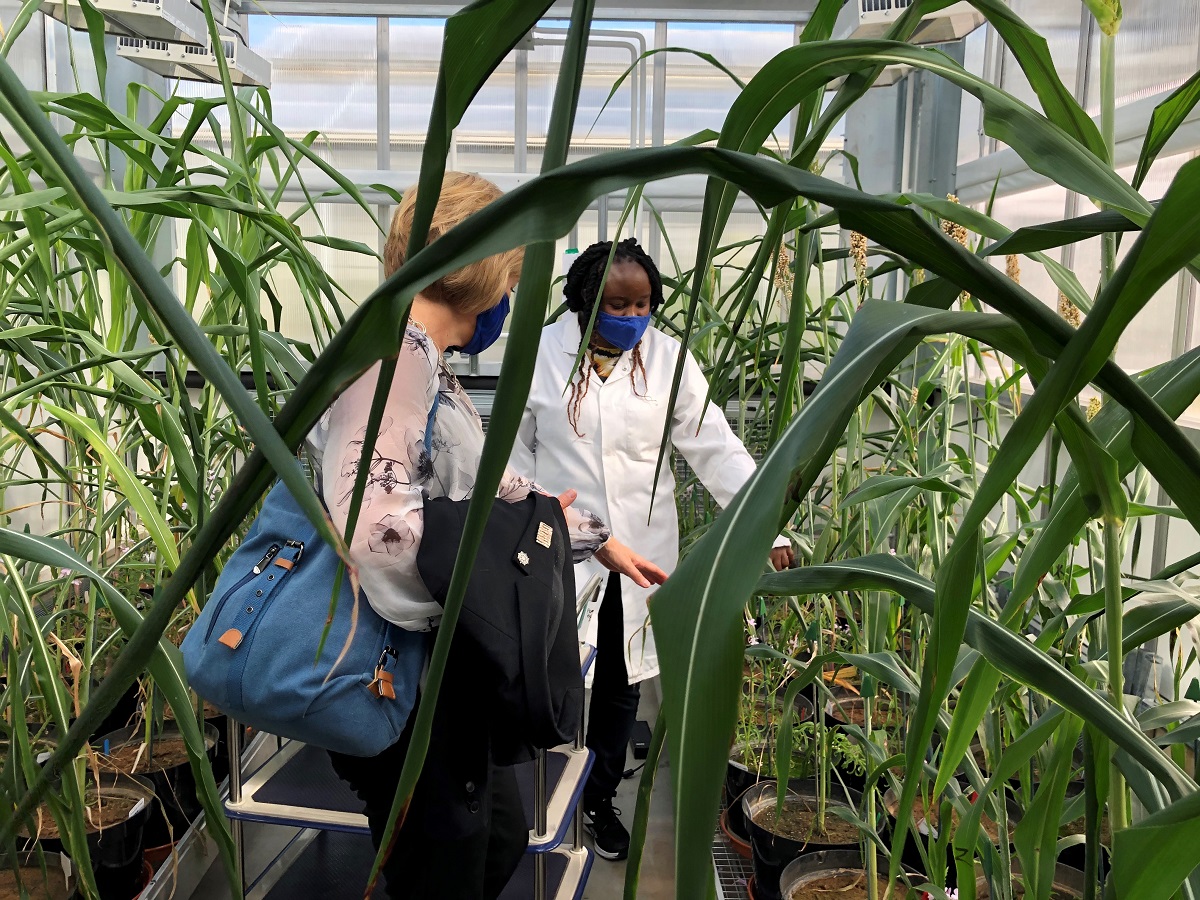
In January 2021, NRI hosted a virtual international seminar to share research insights and to discuss the challenges relating to food and nutrition security in sub-Saharan Africa. This was part of NRI’s Food and Nutrition Security Initiative (FaNSI), through which the institute has been expanding its research capacity and partnerships with a specific focus on addressing climate change, food loss and waste, sustainable agricultural intensification and food systems for nutrition.
Supported by Research England’s ‘Expanding Excellence in England’ (E3) Fund, NRI’s research team has grown through FaNSI, incorporating staff with expertise including biostatistics and bioinformatics, climate security, state fragility and climate change, public health nutrition, economics of food and nutrition, food security, behavioural sciences, agriculture and soil science, gender and diversity in food systems, food safety, and fish and food systems.
Through FaNSI, NRI’s work has also benefitted from improvements to research infrastructure. In September 2021, Professor Jane Harrington, Vice Chancellor of the University of Greenwich, opened three new buildings at the University’s Medway campus in Chatham. These include the Agronomy Laboratory, a Food Product Development space and the Climate Change Greenhouse:
- The Agronomy lab is equipped with the newest technologies for processing and analysis of crop plants and soils, which are used in cutting-edge research on plant physiology and soil physics. The lab allows the processing and measuring of plant materials and soils derived from greenhouses and from farmers’ fields.
- The Food Product Development space provides a large area for food innovation research, where local businesses can work together with academics to create innovative products or improve their existing range. It also serves as a teaching space, where students are taught the process of developing new products as part of degree programmes.
- The Climate Change Greenhouse has five experimental compartments with temperature, humidity and lighting control that can be used to simulate growing conditions from temperate to tropical conditions. It is being used for FaNSI-related work on crops and biotic and abiotic stresses, and is crucial to NRI’s research on drought-tolerant plants – of growing importance amidst a warming climate.
NRI also continues to build research collaborations with partners in Africa through FaNSI. NRI has made official visits to Bayero University and Benue State University in Nigeria, Haramaya University in Ethiopia, the International Centre of Insect Physiology and Ecology (icipe) and the University of Eldoret in Kenya, and Sokoine University of Agriculture and the Nelson Mandela African Institution of Science and Technology in Tanzania.
Find out more: FaNSI

